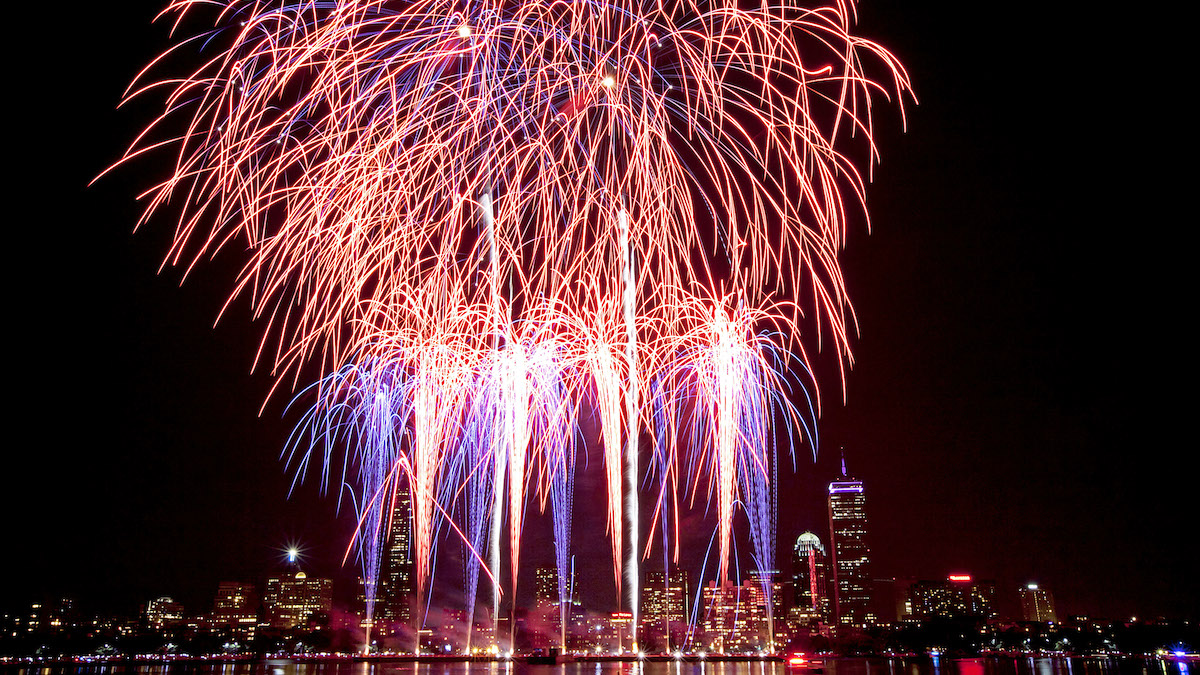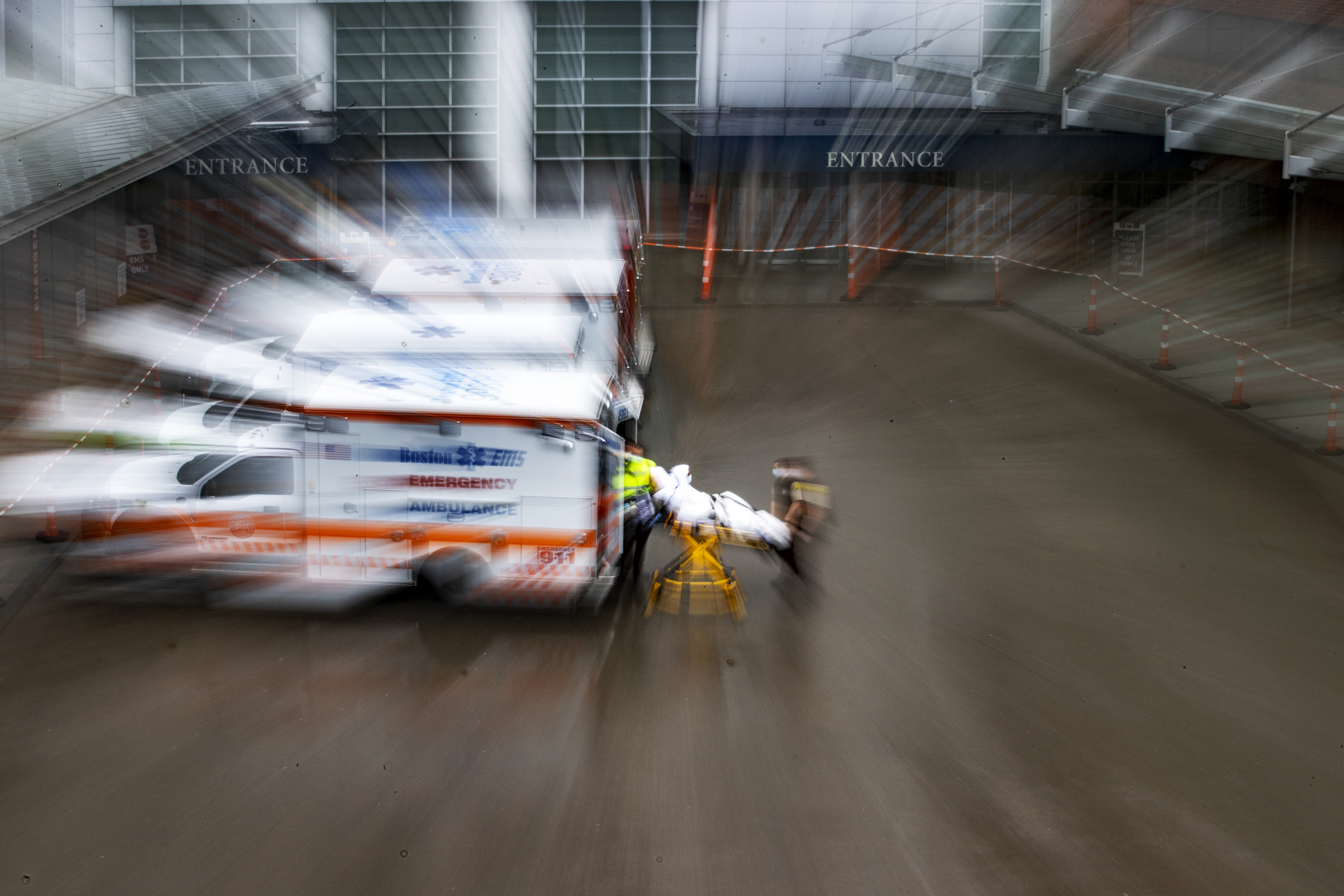What to Know
- There won't be any parades, festivals or other large-scale events through Labor Day in Boston, including the Boston Pops fireworks show on July 4.
- Smaller events this summer may still be possible -- they'll be reviewed by the city -- but Mayor Marty Walsh encouraged planners to consider alternatives.
- Boston had its first day where more people recovered from the coronavirus than it had new cases, a good sign to Walsh, though not necessarily a trend.
Boston won't allow any large-scale events like parades and festivals over the summer as the city contends with the effects of the coronavirus pandemic, Mayor Marty Walsh said Friday.
"Parades and festivals will not take place this summer in the city of Boston," Walsh said at a news conference outside City Hall, adding that the restriction is effective through Labor Day.
Smaller events will be reviewed by the city on a case-by-case basis, the mayor said, but he suggested that anyone planning events that bring people into close contact, like concerts, begin trying to find alternatives now. And Walsh's office confirmed that any public events that require a city permit are canceled for the summer.
Walsh gave that "bittersweet" news, which he said was a "public health decision," shortly after the Boston Pops Orchestra announced it wouldn't be holding its annual July 4 "Fireworks Spectacular" this year.
As for the rest of Massachusetts, Gov. Charlie Baker didn't say Friday whether large-scale events would be allowed or not, only saying he would be talking with mayors statewide about them and that he understands why Walsh made his announcement.
Noting he's marched in many of those parades in his time as governor, he said, "It would be hard for me to imagine, given how popular those parades are, how you would ever deliver on a social distancing standard for one of those."
In other news from Walsh's news conference, Boston has experienced its first day since the start of the pandemic where more people recovered from the virus than were diagnosed with it -- on Thursday 217 people recovered, compared to 165 new cases, the mayor said.
Get top local stories in Boston delivered to you every morning. Sign up for NBC Boston's News Headlines newsletter.
"One day certainly doesn't mark a trend or a turning point but it's a nice precedent," Walsh said.
Boston's death toll stood at 486 as of Thursday, the most recent data available when Walsh spoke, and it had 10,598 confirmed cases.
Walsh also announced that the Boston Resiliency Fund, set up to help city residents, businesses and organizations deal with the virus' impacts, has surpassed $30 million in donations from more than 5,700 donors. The fund has delivered just over half that so far, $16 million.
The mayor noted that the fund was meant to raise just $10 million, but "people are doing whatever they can to help. In under two months, we have more than tripled the initial target."
When he last spoke on Wednesday, Walsh said Boston's coronavirus "curve is slowly bending," but the city has much more to do before it's safe to reopen.
One step the city is taking is expanding its testing capability to 1,500 per day by next week, Walsh said, a goal he reiterated Friday. About 5% of the city's population has now been tested, he said.
Walsh said he'll miss the now-canceled summer traditions like the Boston Pops concert and fireworks show and plans to help develop socially distant alternatives. He cited this Sunday's Walk for Peace, which moved online so it could continue its mission of changing how society responds to homicides for a 24th straight year.
Asked if he had plans to help the city's colleges reopen, whether he has certain business sectors in mind to open first or if he would follow other U.S. cities in banning vehicle traffic on some popular streets to give pedestrians more space, Walsh didn't have any specifics but said all were being looked at.
As for whether the Red Sox can safely have a home game with fans at Fenway Park, Walsh said "there's a lot of moving pieces right now" and didn't want to guess.



